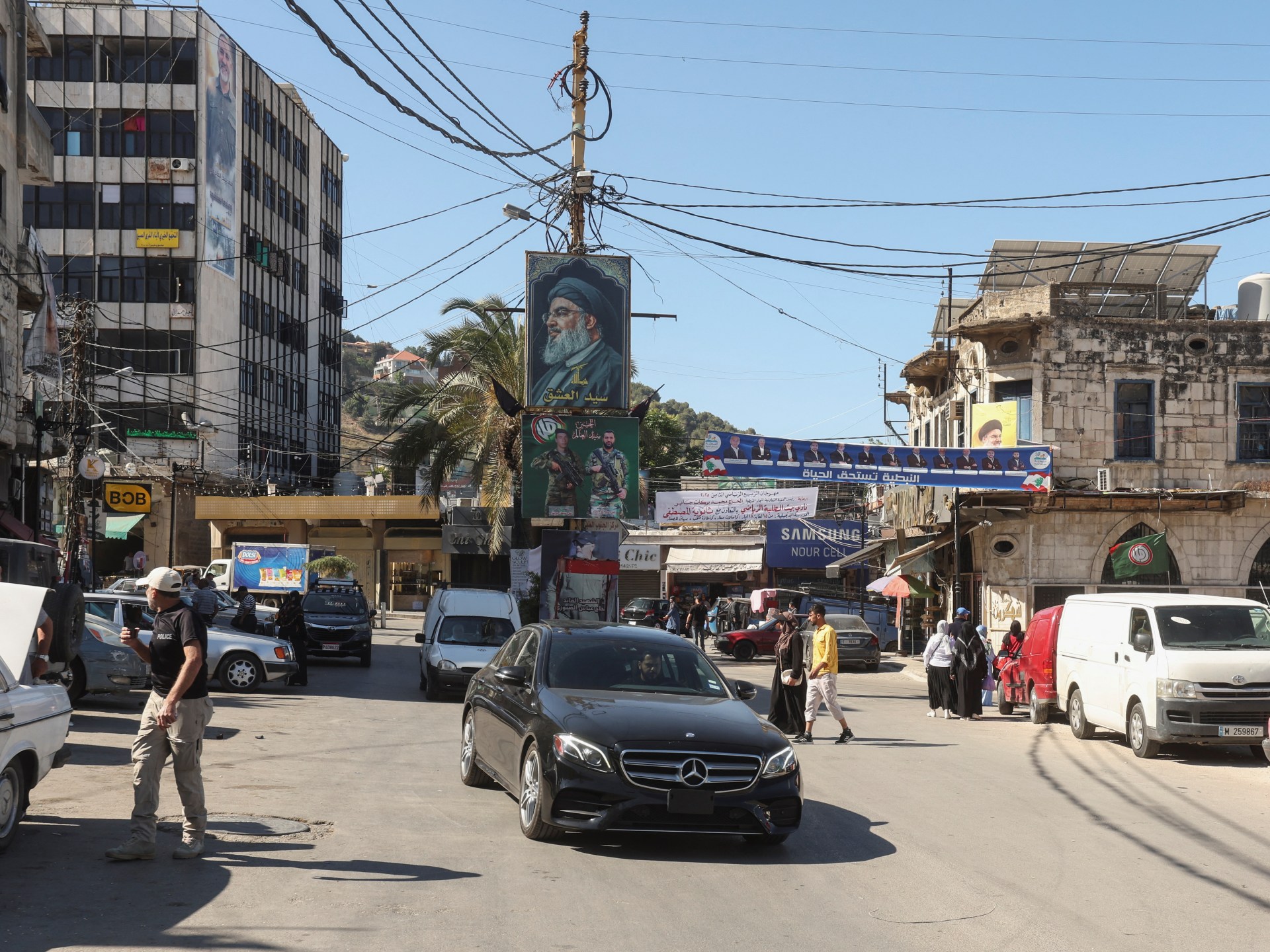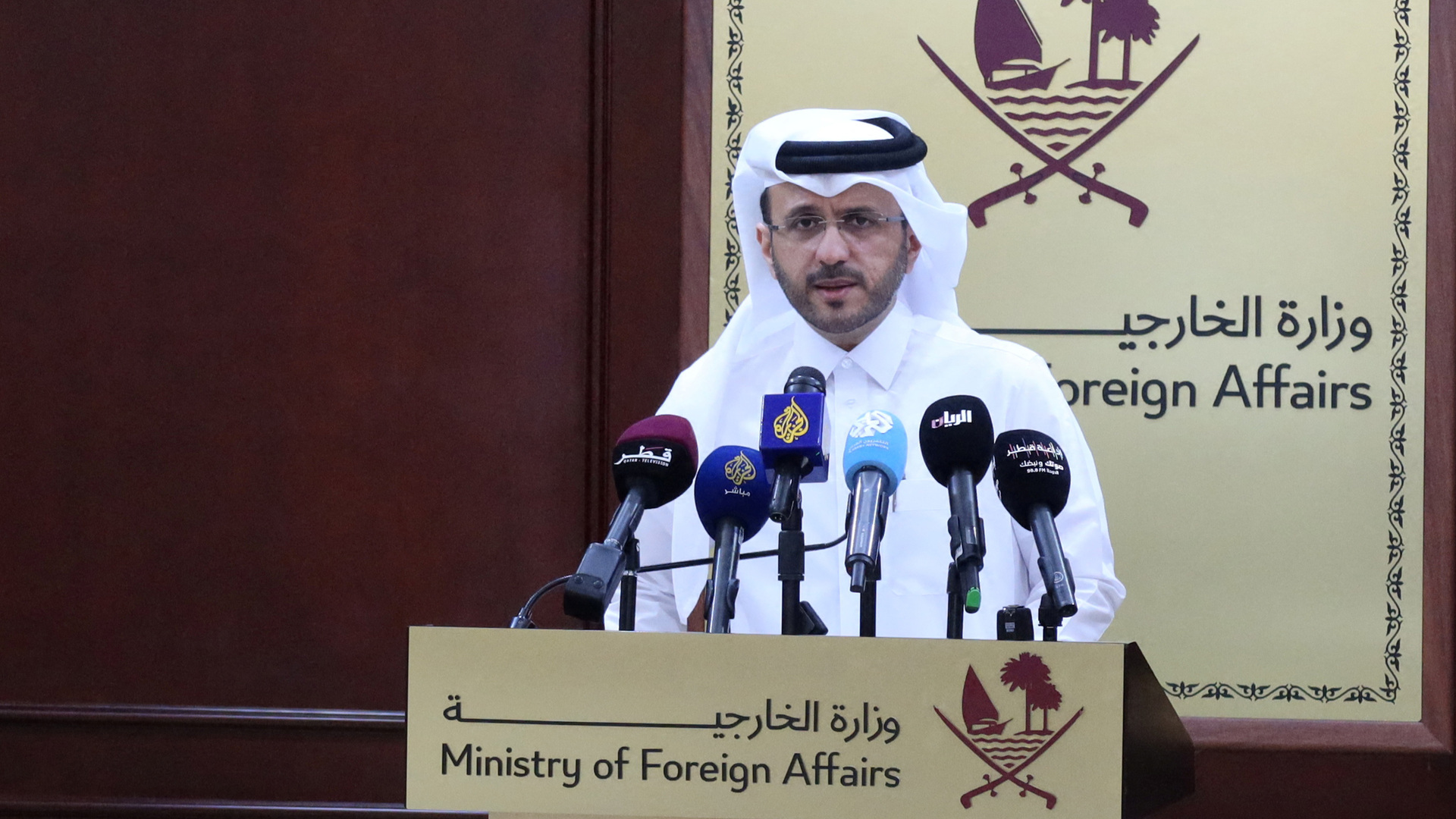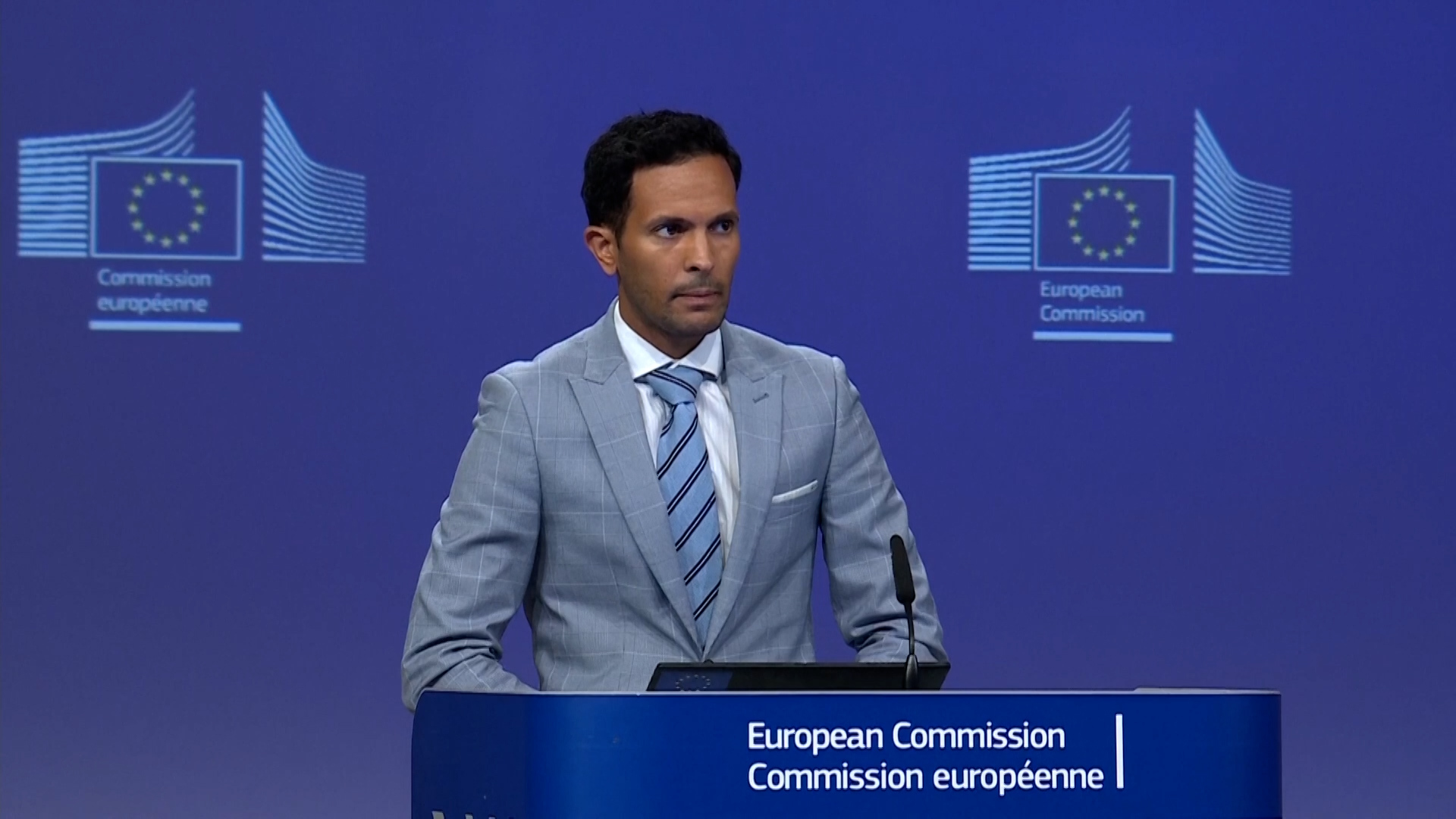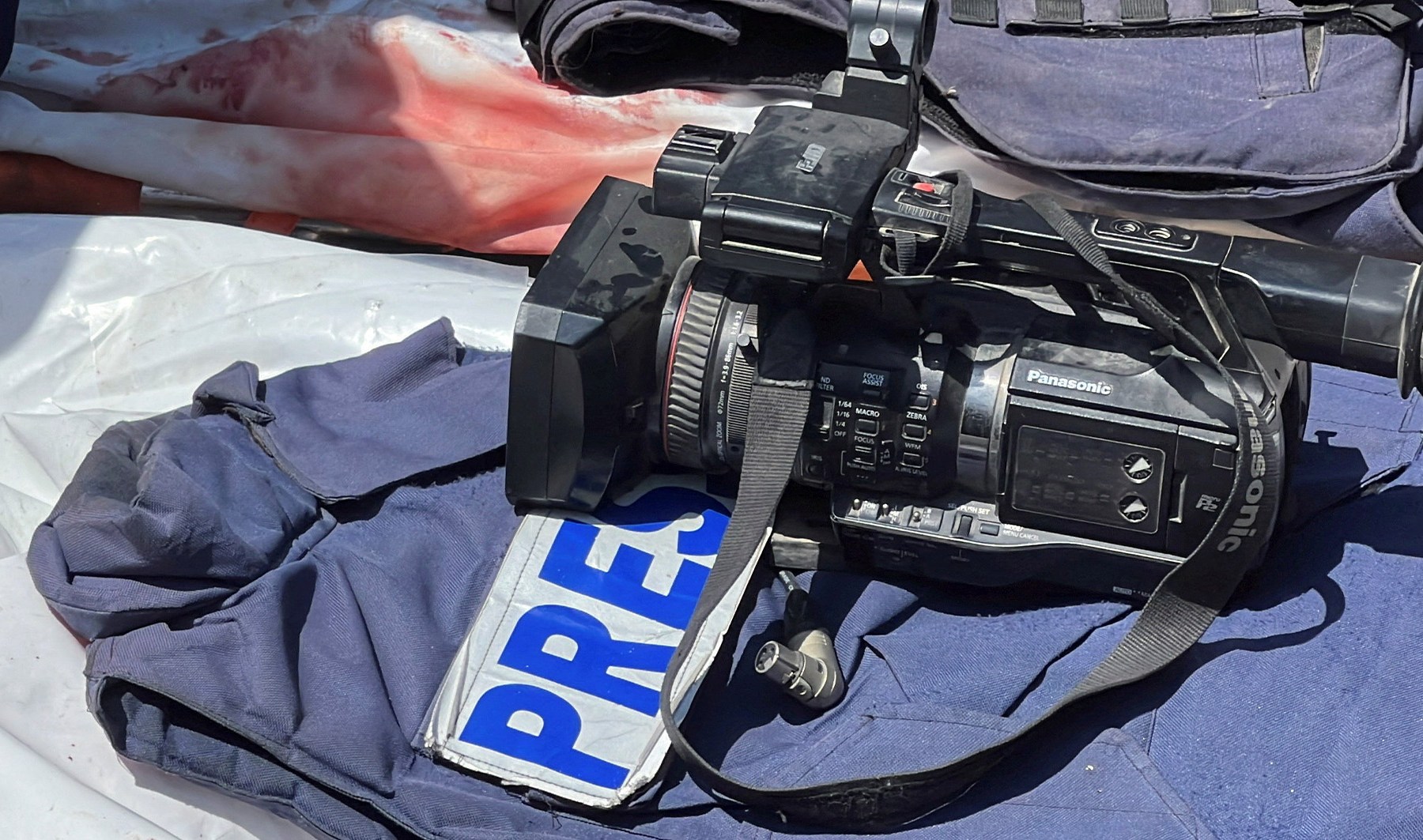According to American envoy Tom Barrack, Lebanon has agreed to present a plan to persuade Hezbollah to disarm, and Israel will provide a corresponding framework for its military withdrawal, as the Lebanese armed group has repeatedly stated it has no intention of doing so while Israel continues to attack the nation and occupies parts of the south.
Following discussions with President Joseph Aoun in Beirut on Tuesday, Barrack stated that the plan would not involve military coercion but instead would concentrate on efforts to persuade Hezbollah to give up its weapons.
“Neither the government nor the Lebanese army are discussing starting a war.” According to Barrack, “They are enquiring about how to persuade Hezbollah to give up those arms.”
No formal proposals have been exchanged, according to Barrack, but verbal commitments from both sides have suggested a narrowing implementation path.
Nawaf Salam, the army’s chief of staff, stated that Lebanon had set out on an unrelenting course to put all weapons under state control. A detailed plan must be presented by the army by the following week.
Hezbollah disputed the cabinet’s approval of the “objectives” of a US proposal earlier this month, calling it a “march in humiliation” and a “march in surrender” to Israel and the US.
US envoy Morgan Ortagus told reporters on Tuesday at the presidential palace in Baabda that the government of Lebanon must “take action” with their decision to disarm Hezbollah. We will encourage the Israeli government to take the same action every time the Lebanese government takes it, she added.
Naim Qassem, the leader of Hezbollah, has resisted giving up the organization’s weapons. Qassem criticized the government’s decision to disarm the organization in a speech that aired on Monday, and he urged officials to reverse it, calling it “a virtue” to pull back.
The armed group has long been Israel’s only force of resistance against Lebanon. However, it suffered significant damage from the conflict with Israel last year, with the murder of senior leaders, including former chief executive Hassan Nasrallah, assassinated by thousands of its fighters and civilians killed, and tens of thousands of Shia and other communities displaced from their destroyed homes.
Before discussions on a national defense strategy can begin, he added that the Lebanese government must first ensure that Israel adheres to a November 2024 ceasefire agreement, which requires that Israel withdraw its troops from Lebanese territory.
Nearly daily, Israel has broken the November truce.
Israel’s decision to leave Lebanon
If Lebanon’s armed forces attempted to disarm the group, Israel made a signal on Monday that it would reduce its military presence there.
Barrack described the meeting as “historical” when he met with Israeli Prime Minister Benjamin Netanyahu on Sunday.
We don’t want to occupy Lebanon, Israel has declared. He said, “We’re happy to withdraw from Lebanon, and we’ll fulfill those withdrawal expectations with our plan as soon as we discover what the Hezbollah-related plan is.”
Since signing the November 2024 ceasefire, Israel has strengthened its presence in southern Lebanon, according to Ali Hashem, the correspondent for Al Jazeera.
At the time of the ceasefire, there were five positions inside Lebanese territory, and eight positions are currently being heard, according to Hashem.
It is obvious that Israel is attempting to seize the main hills in Lebanon and Syria in order to obtain what it refers to as a “early warning system” ()).
Hashem added that attempts to persuade Hezbollah to abandon its weapons were primarily hampered by Israel’s growing presence in Lebanon.
The fact that Hezbollah must disarm outside of Israel’s borders is another obstacle, according to the ceasefire agreement, which requires it to be located about 30 kilometers (20 miles) south of the Litani River.
Barrack argued that any disarmament initiative must address the economic impact of the tens of thousands of Hezbollah fighters and their families, many of whom allegedly rely on Iranian funds.
You can’t just take the weapons of the Lebanese community and say, “Good luck, go plant olive trees,” if we’re asking them to give up their livelihood because 40 000 people are being paid by Iran by the time we say “disarm Hezbollah.” We must assist them.
He claimed that as part of an effort to provide alternatives to Hezbollah, Gulf states like Qatar and Saudi Arabia were prepared to support Lebanon’s economy, particularly in the south, a Hezbollah stronghold.
US ambassador accused of racism
After barrack threatened the Lebanese press with ending the news conference if they behaved in a manner he called “animalistic,” he was accused of racism in Beirut.
He said, “Be quiet for a moment, and I wanna tell you something. We’re gone the moment this starts to become chaotic, like animalistic.”
Therefore, [if you want to know what has happened] act civilized, kind, and tolerant because this is the issue with the situation in the area.
Hala Jaber, a journalist from Lebanon and the United Arab Emirates, claimed that Barrack’s mannerism was that of a “19th-century colonial commissioner” who “lectures us on’civilisation’& blames it all on our’region.”
“Racism is the opposite of arrogance,” the statement read. You are not allowed to insult its citizens and you don’t run this nation.
The US State Department owes all journalists in the Beirut region an apology, according to Mohamad Hasan Sweidan, a columnist for The Cradle news site.





